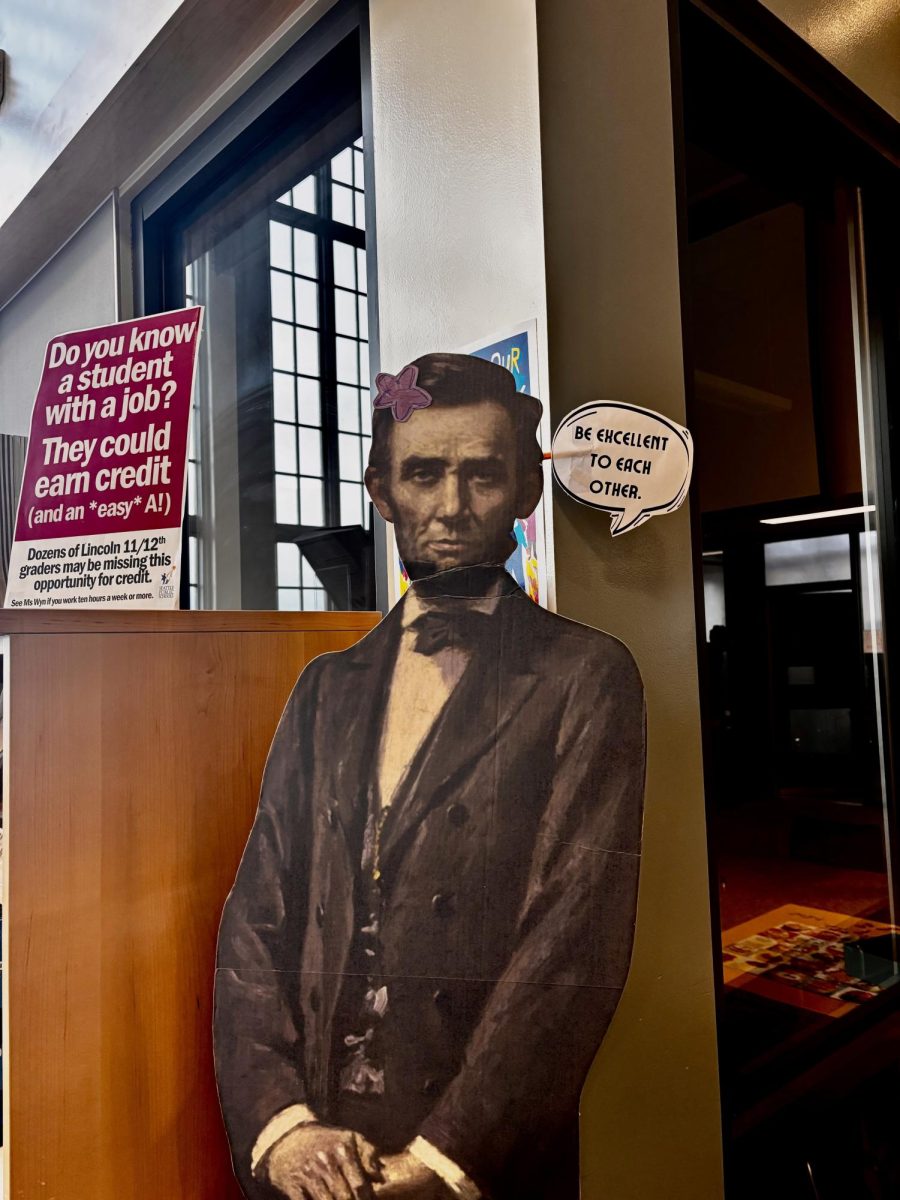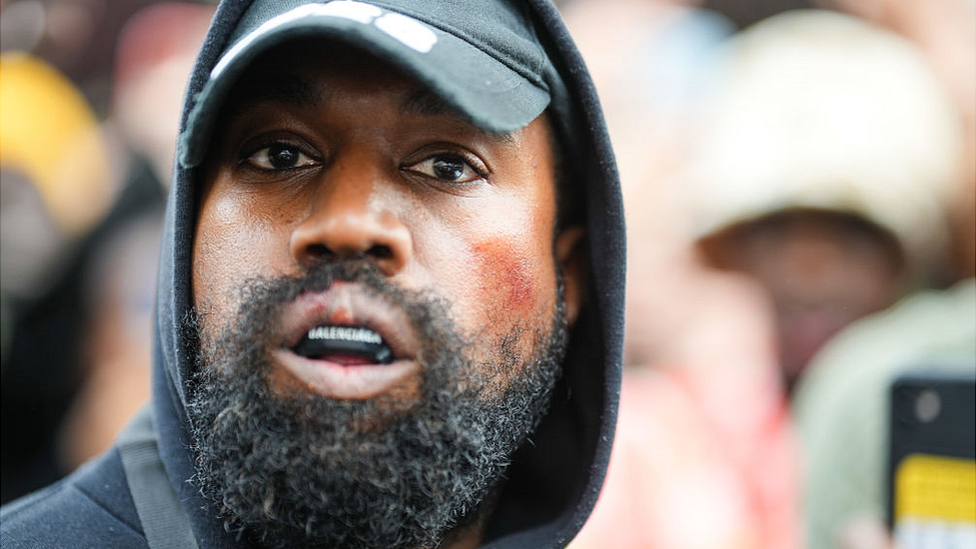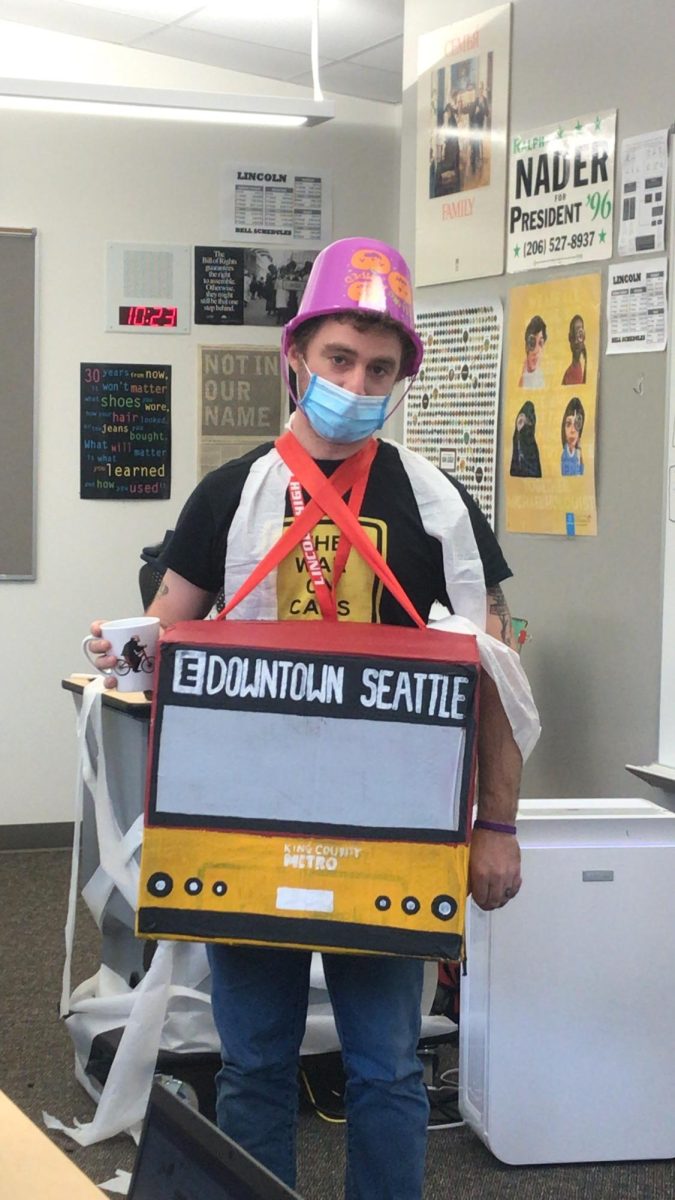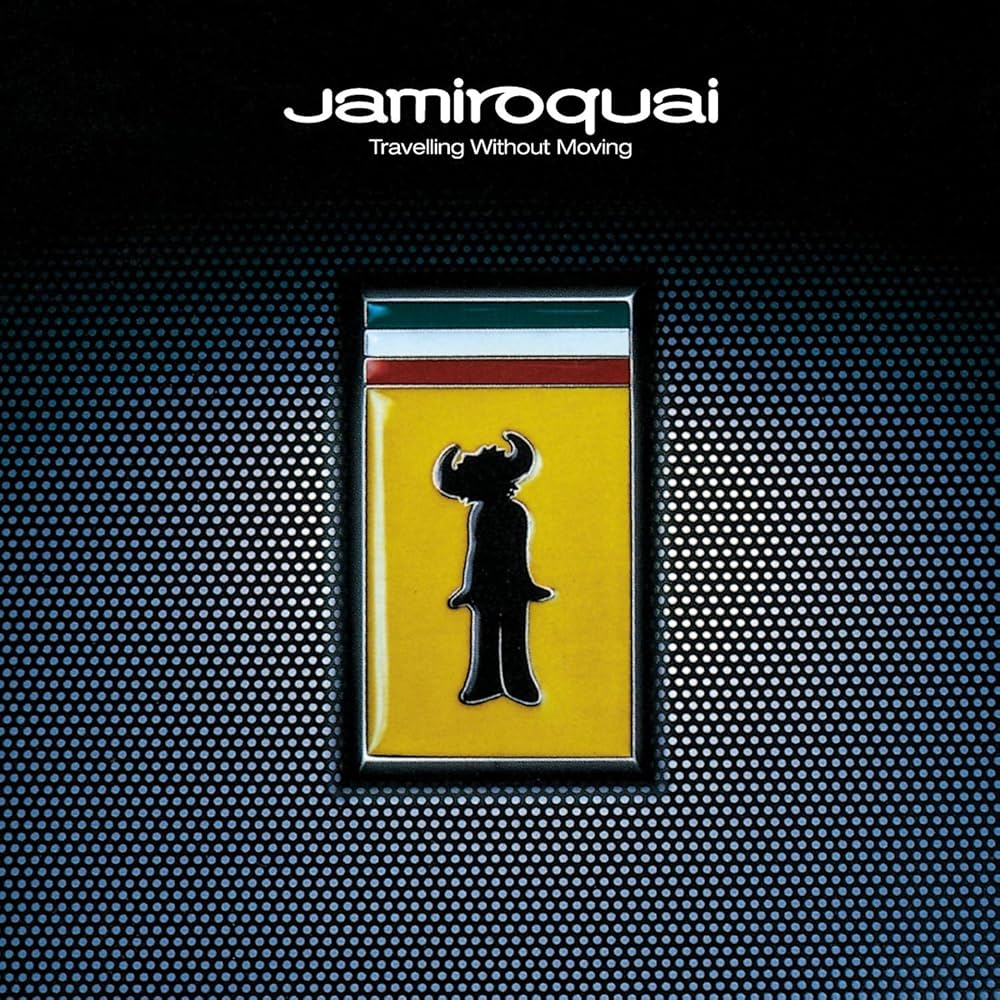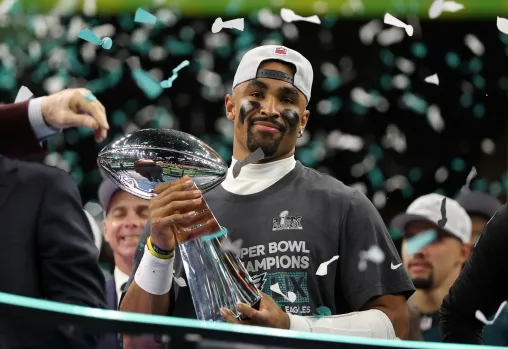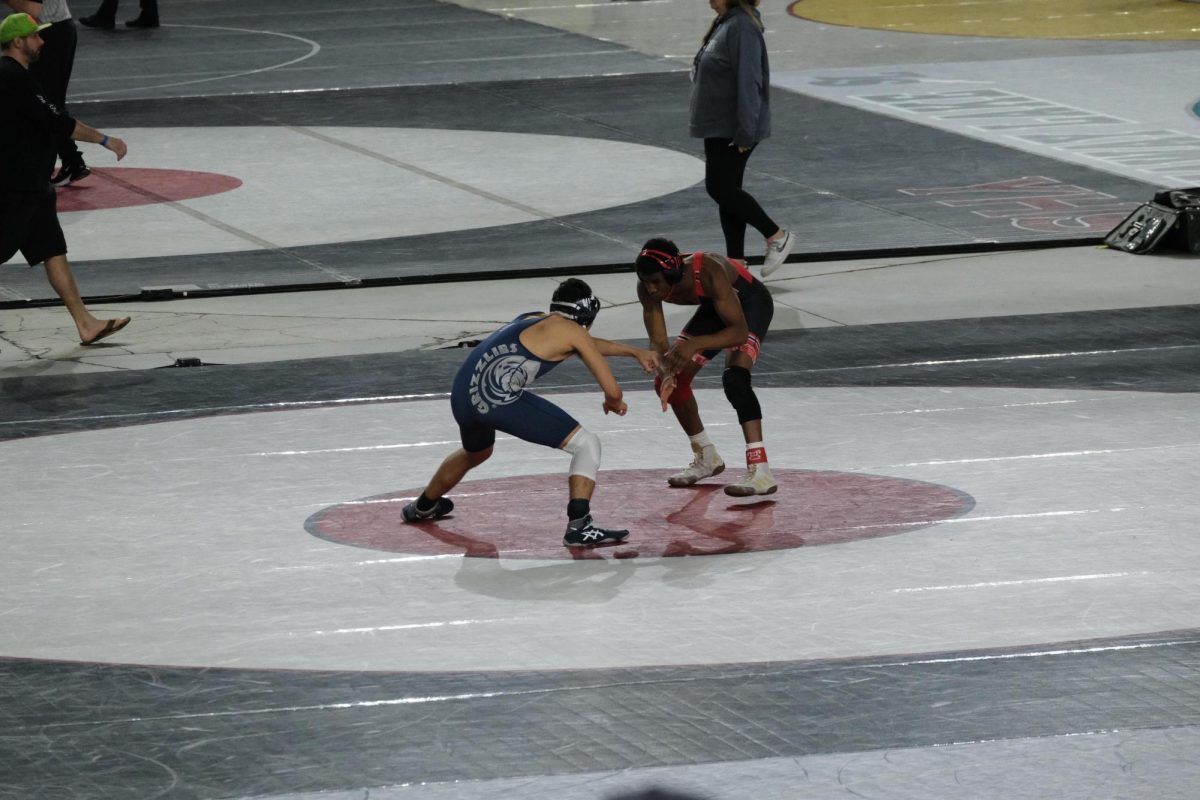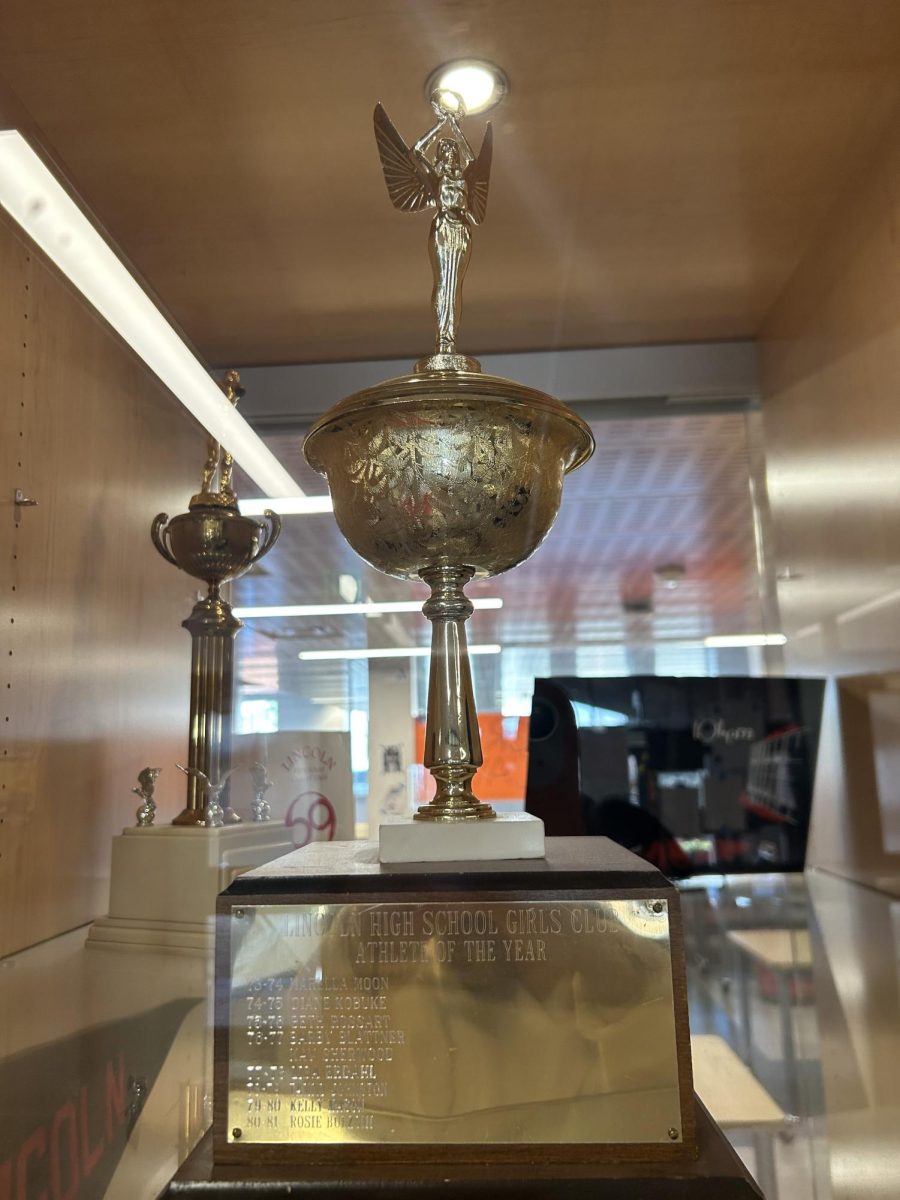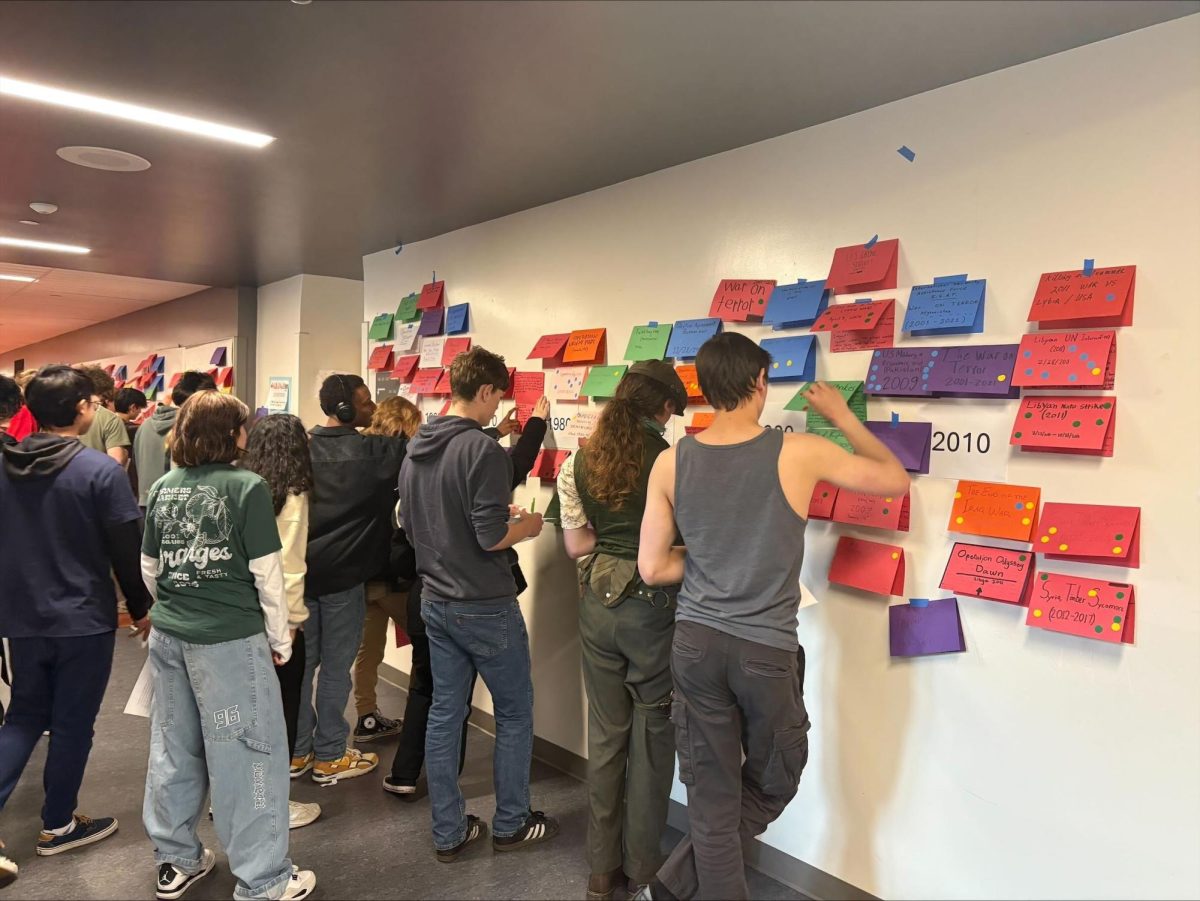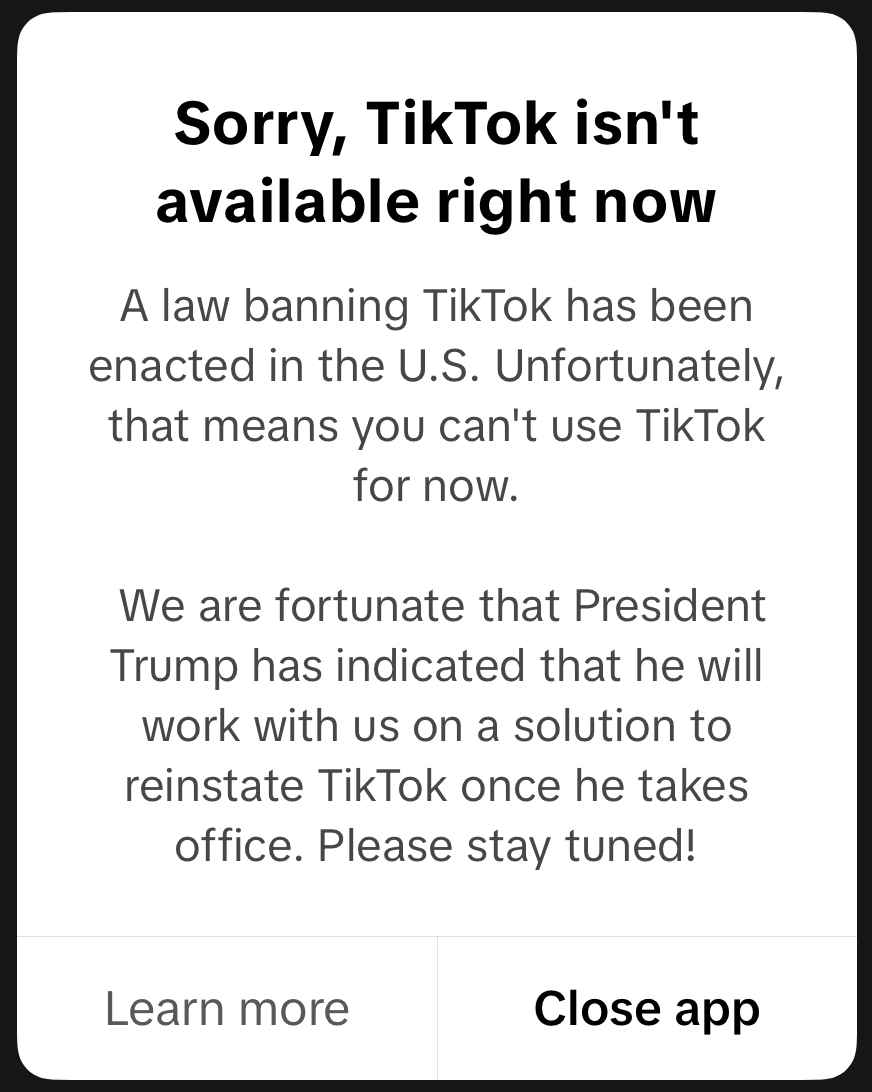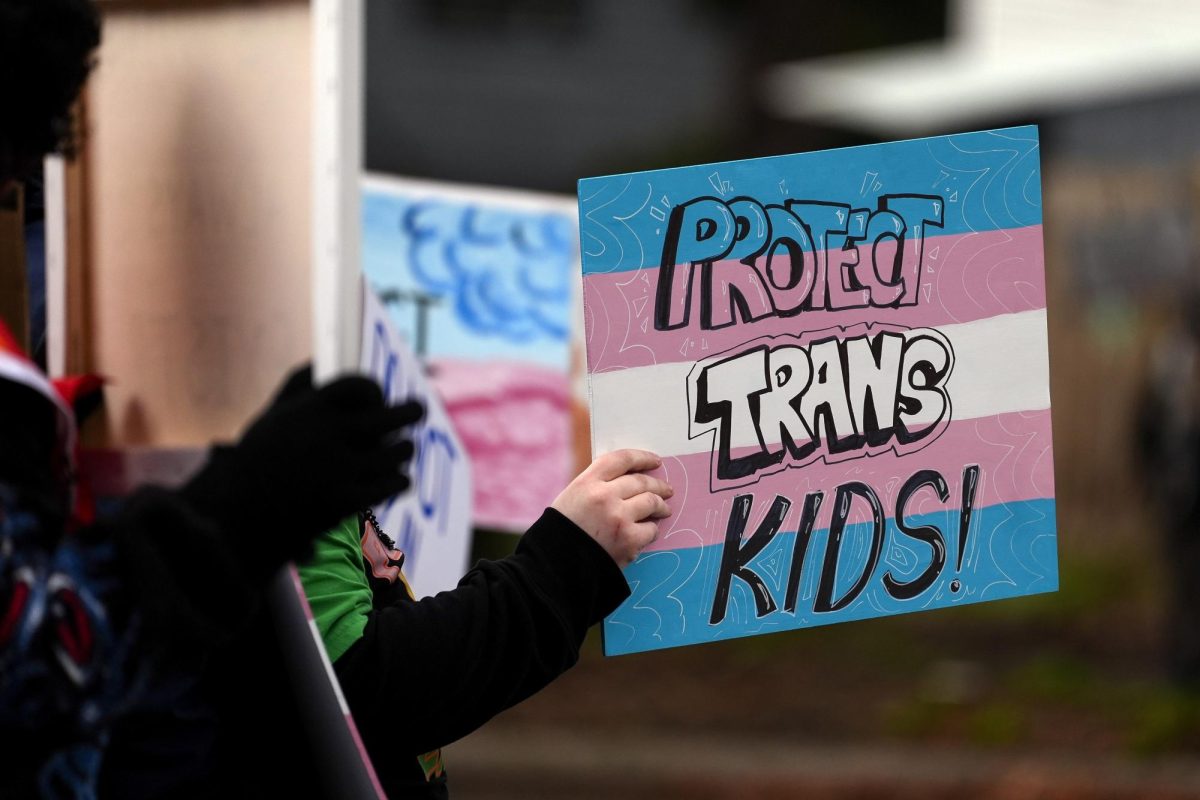Lincoln High School was founded in 1907, and is the oldest Seattle Public School still up and running. It was given its name after Abraham Lincoln, and a Wikipedia article cites that this was a way to “honor his legacy and contributions to the country.” This spikes curiosity in the form of a few questions; “Who was Abraham Lincoln?,” “What were his contributions to the country?,” and “Are his values ones Lincoln wants to represent?.”
Abraham Lincoln was the sixteenth President of the Unites States and is generally praised in American society for leading the country through the Civil War, preserving the Union, and ending slavery. However, there is a lesser known narrative about Lincoln’s identity that many haven’t heard of or have long forgotten.
Abraham Lincoln’s history with race is more complicated than single-handedly saving enslaved African Americans. It’s common practice to credit the end of slavery to Lincoln due to its occurrence during his presidency and his fierce defense of the Union. Lincoln signed the Emancipation Proclamation, which is what many associate with the freedom of enslaved people, however, the proclamation did not in fact abolish slavery in its entirety, as many falsely believe.
The Emancipation Proclamation indeed declared that all enslaved people in confederate states were free, but there were many caveats in the fine print. Several counties and parishes were excluded by Lincoln from the executive order. In addition to this, the document didn’t abolish slavery in some Northern states. Several, like Maryland, still allowed slavery, and many enslavement laws still remained in place.
It could also be argued that abolition should be accredited to Congress rather than Lincoln, as it passed the 13th Amendment on January 31st, 1865. This addition to the constitution made slavery illegal in the entirety of the United States, and although Lincoln publicly supported the adoption of this amendment, he was running for reelection at this same time and was heavily campaigning on his newfound reputation as the “slave emancipator.”
On top of this, although the Emancipation proclamation and 13th Amendment emancipated slaves, newly freed African Americans were immediately drafted to fight in the Union Army. Lincoln and the Union’s eventual triumph over the Confederacy at the end of the Civil War was achieved not only through abolition, but also over the bodies of fallen Black soldiers.
Lincoln’s proclamation did free many enslaved people in the United States, but it would be technically incorrect to state that our sixteenth president single-handedly “ended slavery” through this specific directive. His impacts on abolition were amplified by the lives sacrificed by the enslaved community fighting for their own freedom.
The motivations of Lincoln throughout the civil war further complicate the picture of him as a hero who ended slavery.
The American Civil War occurred during the 1860s, and was a conflict between the Southern states (the Confederacy) and the Northern states (the Union) fought over the issue of slavery. The Confederacy was fighting to maintain the legalization of slavery (as it had assisted in a disproportionately successful plantation economy), while the Union believed that it was unethical and would undermine the free labor system and the national concept of equality.
Lincoln sided with the Union, as he believed that his primary duty as president was to preserve the stability of the United States, and the Union’s values were a larger asset to this goal. According to many sources across the web including the Smithsonian, Abraham Lincoln’s primary goal was not to end slavery, but to preserve the Union.
Not only was Lincoln not solely responsible for ending slavery, he also showed opposition to abolition and made various racist comments throughout this career. Because Lincoln’s main priority was to preserve the Union, and the Union’s main value was abolition, Lincoln’s efforts to save the Union included the ending of slavery in certain areas. However, not only was abolition not on his priority list, but Lincoln is directly quoted in August of 1862 saying “if I could save the Union without freeing any slaves, I would do it.”
All sides of history are important to learn, and Omri Nimni has been teaching this more complicated narrative about our 16th president in his Ethnic Studies classes for his three years at Lincoln. Mr. Nimni believes that “Any president, any person, has a complicated past, and Lincoln is no exception.” According to him, history is a complex story of things that have happened in the past, and if we don’t cut ourselves the slack of saying “hey, people aren’t perfect,” then we lose out on what really happened.
Did Lincoln sign the Emancipation Proclamation and kickstart the end of slavery? Yes. Did he lead the Union in winning the Civil War? He did. Are there other aspects to his motivations and history that are less frequently explored, but arguably just as important? Absolutely.
When it comes to Lincoln High School, how its name represents its students is up to the kids who attend the school, and Abraham Lincoln can reflect an array of different accomplishments and values.
Whether this history is new information or an old reminder, Lincoln, like everyone at the school, was assuredly a multi-faceted face of our country who can represent many differences on many levels. The aspects that are focused on can portray different messages, and it’s up to learners across to country to decide which ones are the most relevant to them.
Categories:
Abraham Lincoln’s Controversial History
0
More to Discover
About the Contributor
Julia Coco, Editor-in-Chief

